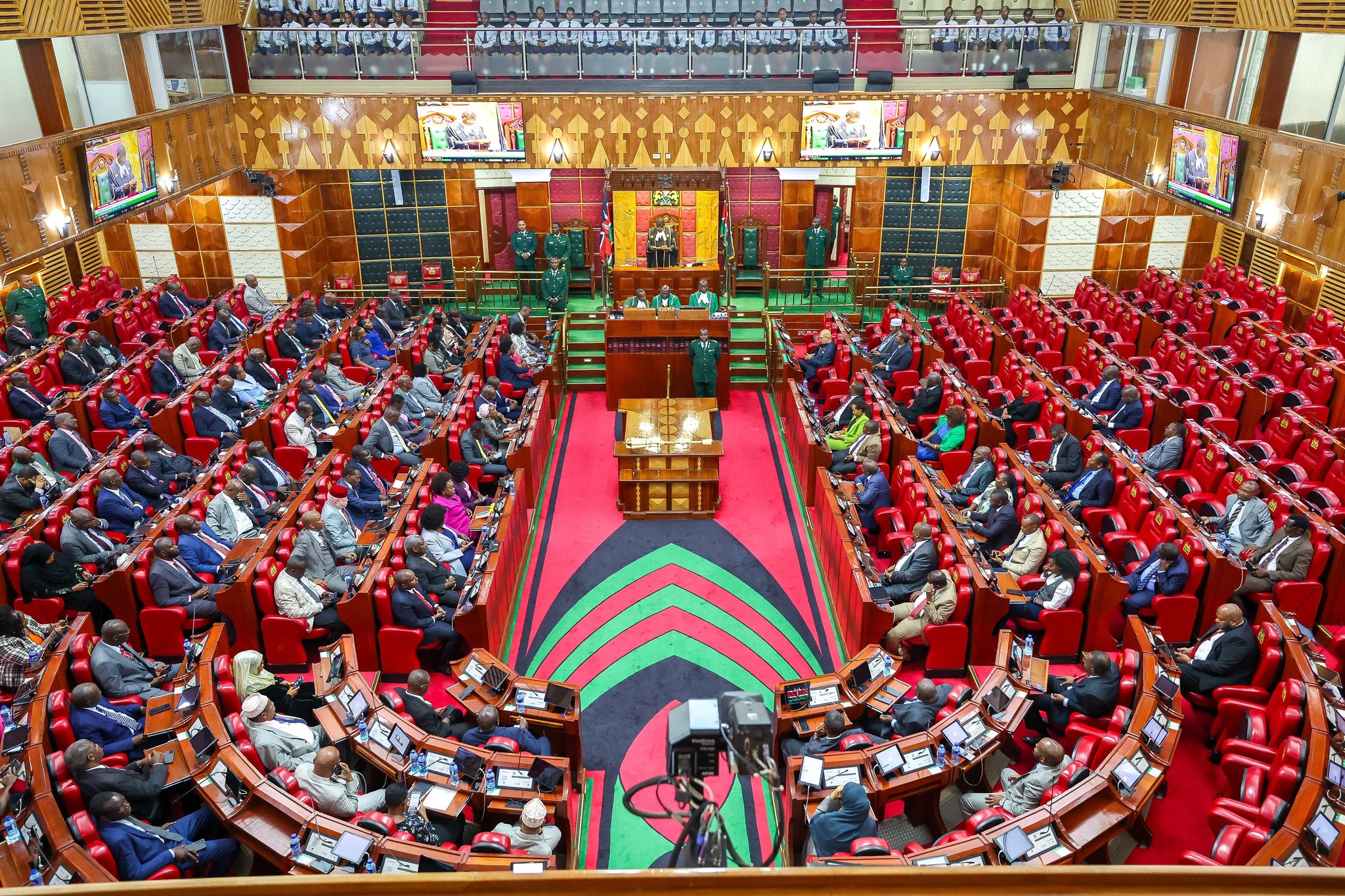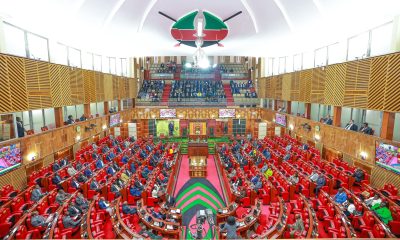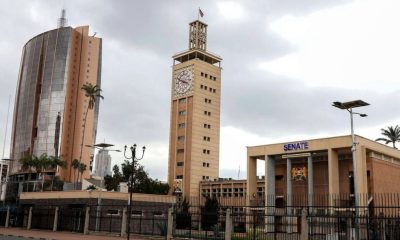Business
Hidden Taxes in Finance Bill 2025
The bill seeks to delete provisions prohibiting KRA from accessing sensitive information when integrating with business systems such as MPesa to obtain real-time transaction data.

The Finance Bill 2025 has been touted as taking a conciliatory approach following last year’s aborted bill that triggered deadly nationwide protests.
But beneath its seemingly moderate exterior, financial experts are warning about several hidden tax measures that could significantly impact ordinary Kenyans—or “Wanjiku” as they’re colloquially known—from farmers to patients, digital loan borrowers, and hopeful homeowners.
VAT Reclassification: From Zero-Rated to Exempt
At the heart of these changes is a significant restructuring of the Value Added Tax (VAT) Act. The Finance Bill moves numerous goods from “zero-rated” to “exempt” status—a technical change with far-reaching economic consequences for consumers.
Under the current system, zero-rated goods don’t incur the standard 16 percent VAT for consumers, while businesses can claim refunds on input VAT from the Kenya Revenue Authority (KRA).
The shift to exempt status means businesses can no longer claim these refunds, with experts warning these additional costs will inevitably be passed to consumers.
Items affected include raw materials for medical products and animal feeds, transportation of sugar from farms to factories, locally assembled mobile phones, electric bicycles, and solar and lithium-ion batteries—all previously zero-rated.
“New VAT measures are expected to push consumer prices upwards, thereby raising the cost of living and disproportionately affecting low-income households,” warns Leonard Wanyama, Regional Coordinator for the East African Tax and Governance Network.
Agricultural Sector Hit
The agricultural sector faces particular challenges with the VAT reclassification.
Packing materials for tea and coffee exports have been moved from zero-rated to exempt status, potentially making Kenyan produce more expensive and less competitive in the global market.
This comes at a time when Kenya’s agricultural exports already face significant hurdles in international markets due to increasing competition and climate-related challenges.
Affordable Housing Contradictions
In what appears to be a policy contradiction, the Finance Bill introduces a 16 percent VAT on construction materials for affordable housing projects – a flagship program of President William Ruto’s administration. This will inevitably increase the cost of these supposedly low-cost homes, potentially undermining the entire affordable housing initiative.
Digital Lending Tax Expansion
The bill expands the scope of excise duty on digital platforms to include services offered by non-resident persons over the internet, electronic networks, or digital marketplaces.
This will likely increase costs for the approximately 668,491 Kenyans who rely on digital loans, according to the latest financial inclusion data from the Central Bank of Kenya.
This could financially exclude many in the lower and middle-class brackets who rely on digital loans for business capital, school fees, rent payments, and emergency expenses.
Extended VAT Refund Timeline
Another overlooked provision extends the period for KRA to refund businesses from 90 to 120 days. This seemingly minor adjustment will impact the “liquidity and financial operations” of small businesses, making it difficult for them to make new orders or expand, according to economic analysts.
Privacy Concerns Resurface
The Treasury has made another attempt to access personal data without court warrants by proposing amendments to the Tax Procedures Act.
The bill seeks to delete provisions prohibiting KRA from accessing sensitive information when integrating with business systems such as MPesa to obtain real-time transaction data.
While Treasury Cabinet Secretary John Mbadi defends this as necessary to catch tax avoiders, privacy advocates are concerned about potential overreach and constitutional violations regarding data protection.
Even aid-funded projects will feel the pinch, with lubricants and fuels for such projects now subject to 16 percent VAT, likely increasing the cost of development initiatives.
These changes come as the government attempts to reduce “tax expenditures” – revenue foregone through tax exemptions and refunds – which rose by Sh117.47 billion to Sh510.56 billion in 2023.
While presented as technical adjustments or cleanup measures, collectively these provisions represent a significant shift of the tax burden to consumers and small businesses at a time when many Kenyans are already struggling with the high cost of living.
As Parliament begins debate on the Finance Bill 2025, these overlooked provisions deserve greater scrutiny to ensure they don’t undermine economic recovery or disproportionately burden those least able to afford it.
Kenya Insights allows guest blogging, if you want to be published on Kenya’s most authoritative and accurate blog, have an expose, news TIPS, story angles, human interest stories, drop us an email on [email protected] or via Telegram
-

 Business1 week ago
Business1 week agoEastleigh Businessman Accused of Sh296 Million Theft, Money Laundering Scandal
-

 Investigations1 week ago
Investigations1 week agoInside Nairobi Firm Used To Launder Millions From Minnesota Sh39 Billion Fraud
-

 Business1 week ago
Business1 week agoMost Safaricom Customers Feel They’re Being Conned By Their Billing System
-

 News1 week ago
News1 week agoUnfit for Office: The Damning Case Against NCA Boss Maurice Akech as Bodies Pile Up
-

 Business1 week ago
Business1 week agoEXPLOSIVE: BBS Mall Owner Wants Gachagua Reprimanded After Linking Him To Money Laundering, Minnesota Fraud
-

 News1 week ago
News1 week agoTax Payers Could Lose Millions in KWS Sh710 Insurance Tender Scam As Rot in The Agency Gets Exposed Further
-

 News1 week ago
News1 week agoPastor James Irungu Collapses After 79 Hours Into 80-Hour Tree-Hugging Challenge, Rushed to Hospital
-

 News1 week ago
News1 week agoDeath Traps: Nairobi Sitting on a Time Bomb as 85 Per Cent of Buildings Risk Collapse



























